Get a reliable blood test in Bengaluru with hygienic lab services, experienced technicians, and convenient blood sample collection at home. Book your blood test today for timely diagnosis and quality healthcare services tailored to your needs.

A blood test is a simple medical check where a small amount of your blood is taken and tested in a lab. It helps doctors find out about your health, check for infections, Hemoglobin checks to see if organs are working well, and detect diseases early.
When blood is collected for testing, it needs to remain in a liquid state for certain tests, like complete blood count (CBC) or coagulation profile tests. If it clots inside the collection tube before testing, the sample becomes unusable, and the test will need to be repeated.
Utilizing Koshikaa Blood test in Bengaluru enables diagnosis of various conditions within the body,


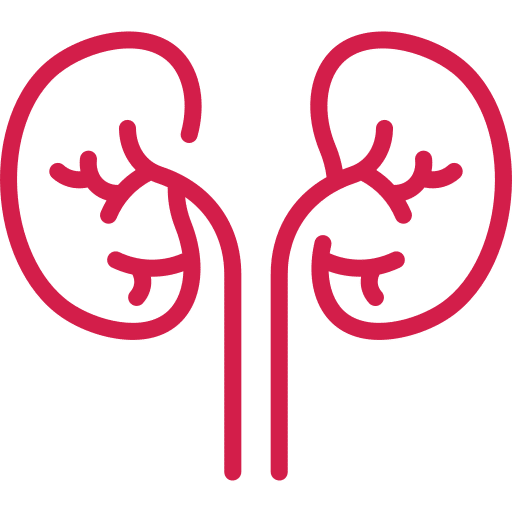












Our wide array of blood tests encompasses complete blood counts (CBC), lipid profiles, liver function tests, kidney function tests, thyroid panels, infectious disease screenings, and many more. This comprehensive test menu ensures that all aspects of your health are thoroughly evaluated so that you can receive 100% accurate results.
Our team of expert pathologists and medical professionals meticulously analyze your blood test results, providing detailed reports and interpretations. We strive to present information clearly and understandably, so you can take control of your health.
Your time is important to us. Our streamlined process and efficient workflow enable us to deliver your blood test reports promptly, ensuring minimal delay in necessary actions to be taken in case of any concerns regarding your health status.
At Koshikaa, we believe in personalized attention and compassionate care. Our friendly staff is dedicated to ensuring your comfort throughout the blood testing process, answering any questions you may have, and addressing your concerns.
Take charge of your health today by opting for our all-inclusive blood testing services. Our state-of-the-art facilities ensure prompt delivery of accurate results. Contact Koshikaa to schedule an appointment and unlock valuable insights into your well-being.
Take charge of your health today by opting for our comprehensive blood testing services. Contact Koshikaa to schedule an appointment and unlock valuable insights into your well-being online booking avaliable Book Know
Booking an Affordable health checkup at Koshikaa in Bengaluru is easy and takes less than a minute. Just follow these 4 simple steps:
Enter your name, mobile number, and email. It helps us contact you quickly and confirm your appointment.

Our team will call you to confirm your appointment and guide you on any instructions for the scan.

Once confirmed, you’ll receive the appointment details, center address, and reporting time directly to your phone or inbox.

Visit the center at your scheduled time. Our expert team will ensure a smooth, comfortable experience.
I did my blood test at Koshikaa. The place was clean, the nurse was gentle, and I got my report quickly on WhatsApp. Very happy with the service.
I went here for a routine blood test. The staff was polite, and the process was fast. They explained things clearly and sent the report on time. Good experience.
I chose Koshikaa for a routine blood test. The staff was polite, the process was smooth and quick, they explained clearly and shared the report on time. Good experience overall
Koshikaa made the blood test easy. No long wait, painless sample collection, and the report was accurate. I trust them and will come again when needed.

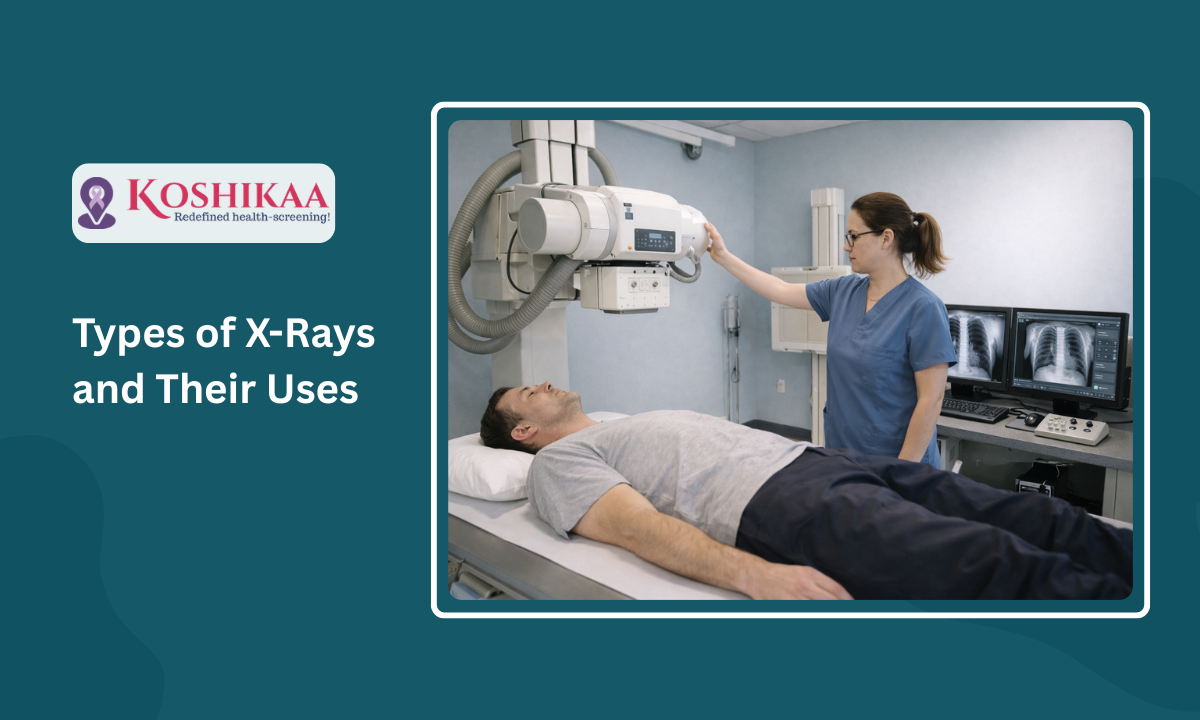


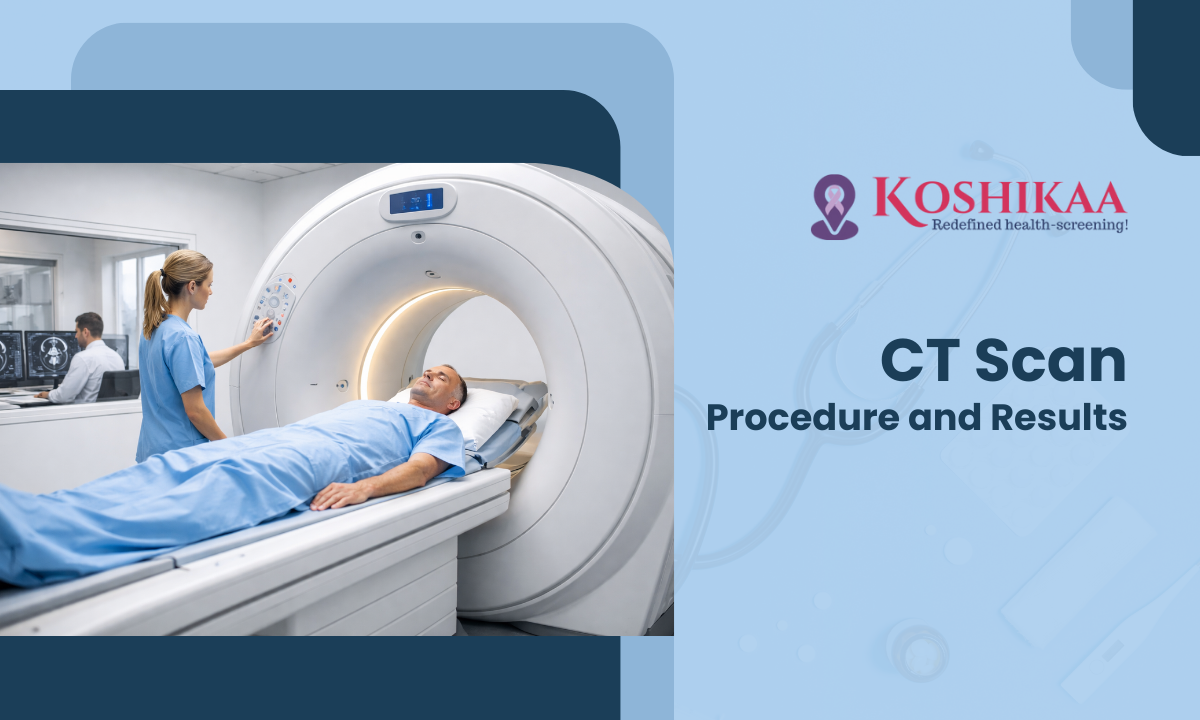


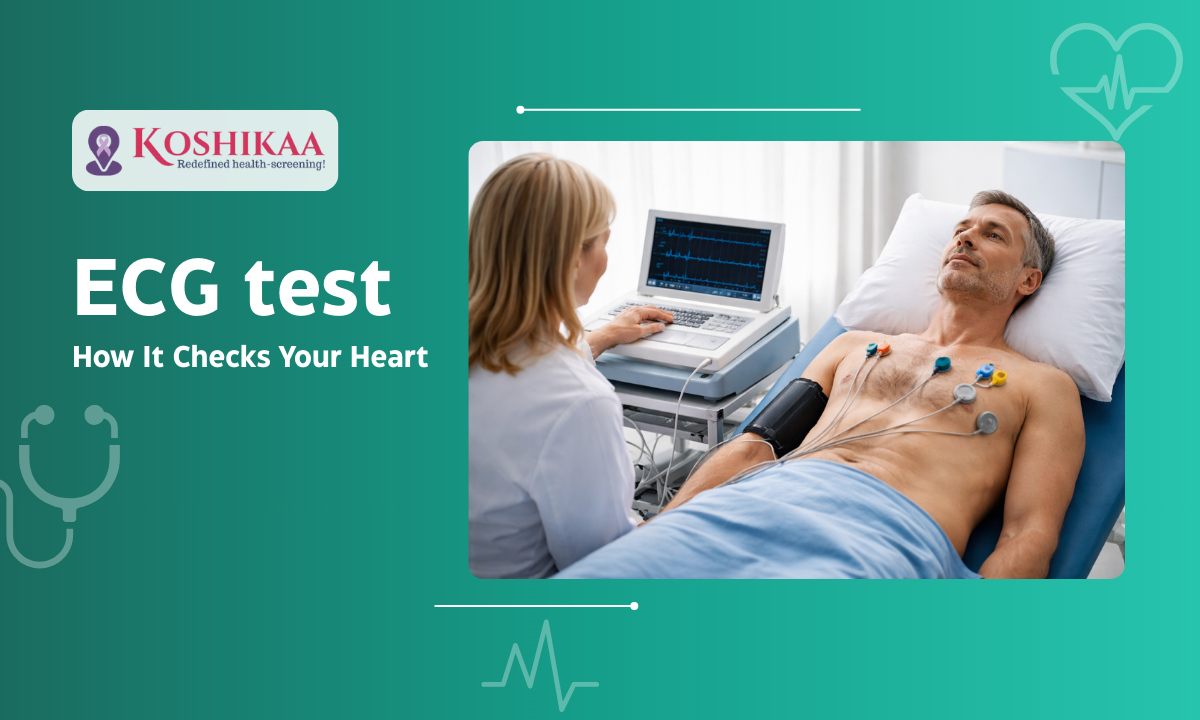
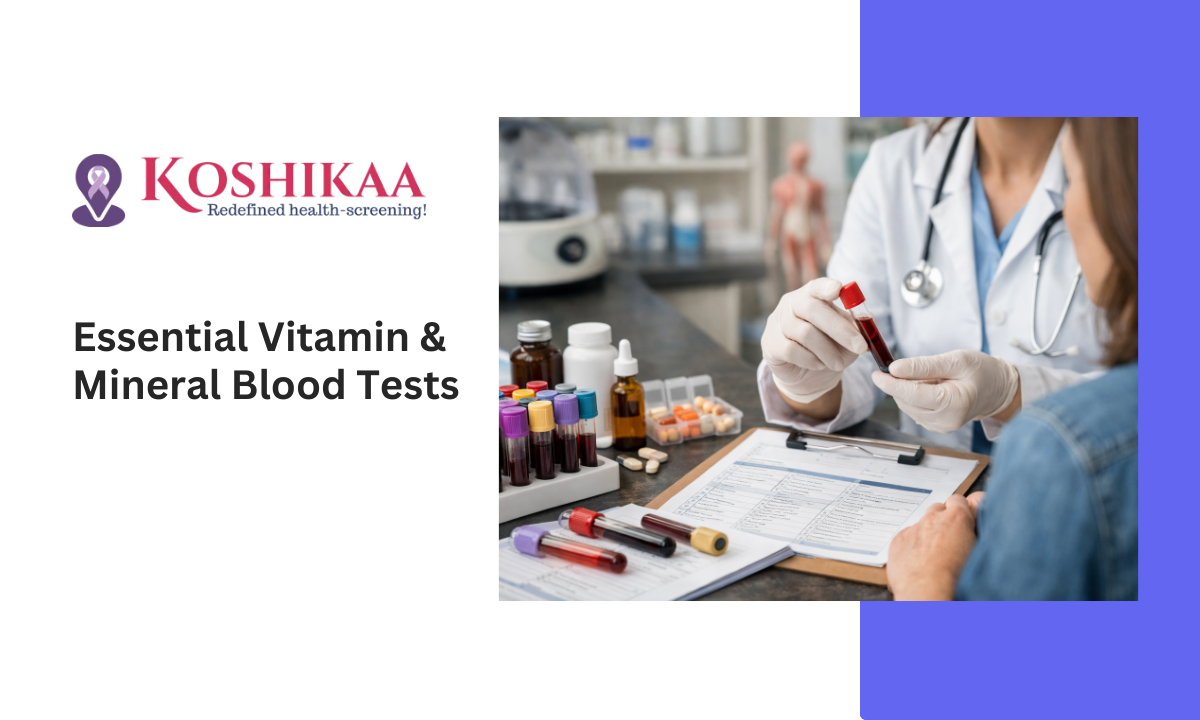
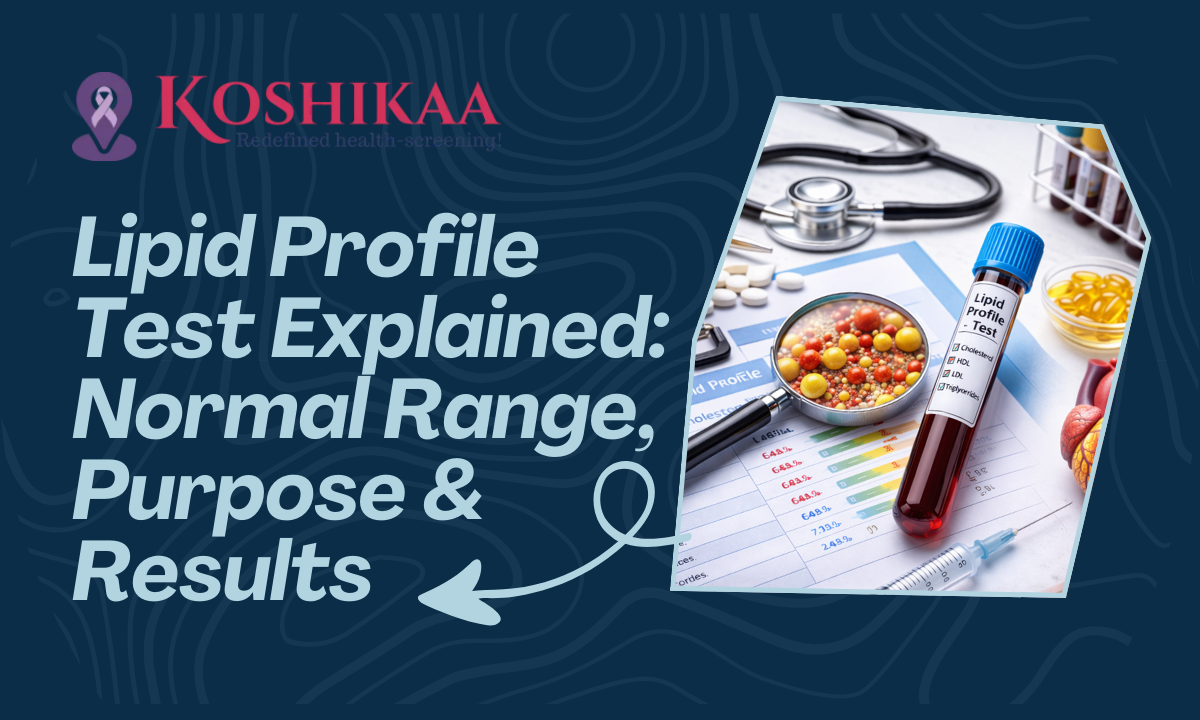
Depending on the type of test, you may be required to fast for 8-12 hours or avoid specific foods and beverages. Detailed instructions will be provided during appointment scheduling.
Yes, Koshikaa provides various health packages, including basic, standard, advanced, and comprehensive check-ups, which include a combination of tests like CBC, lipid profile, and vitamin levels.
Most test reports are available within 24–48 hours. You can collect your reports from our centre during working hours.
Booking a Blood Test in Bengaluru at Koshikaa is simple:
Our team guides you through preparation instructions and ensures the timely collection of blood samples.
Our prices are affordable and vary depending on the test. Please contact us for a quote.
The cost of a Blood Test in Bengaluru at Koshikaa varies depending on the type of test. Basic tests start from around ₹300, while comprehensive health packages may range from ₹1,500 to ₹5,000. We provide transparent pricing for all blood tests in Bengaluru.
A full-body health checkup blood test in Bengaluru typically includes tests for:
These tests help evaluate overall health and detect early signs of conditions.
Koshikaa offers a wide range of blood tests in Bengaluru, including:
Our Blood Test Centre in Bengaluru is equipped to handle routine to advanced diagnostic requirements.
Koshikaa offers a range of blood tests, including Complete Blood Count (CBC), Liver Function Test (LFT), Kidney Function Test, thyroid tests, cholesterol testing, and blood sugar analysis, among others.
You can book an appointment online through the Koshikaa website or call their customer service team for assistance. Walk-in appointments are also available for added convenience.
Yes, Koshikaa provides home sample collection services to ensure convenience and accessibility for patients.
Blood test results are typically available within 24-48 hours. Both soft and hard copies of the reports can be provided, as per your preference.
Currently, we do not offer online blood test bookings. Please visit our centre directly or call us to check availability and timings.
No, at the moment we do not offer home sample collection. All tests are done at our centre under the supervision of our trained staff.
Koshikaa is a trusted Blood Test Centre in Bengaluru because we offer:
Affordable pricing and quick report delivery
No, at the moment we do not offer home sample collection. All tests are done at our centre under the supervision of our trained staff.
Bone X-rays are essential for diagnosing fractures and assessing bone alignment, aiding doctors in developing treatment plans and monitoring healing progress. They provide detailed images of the skeletal system, helping identify abnormalities or injuries that may not be visible through other imaging techniques